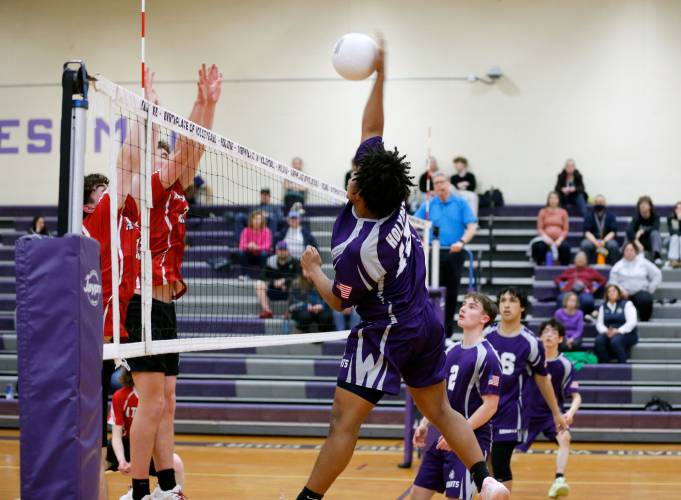In recent discussions on innovative approaches to real estate investment, house hacking has emerged as a method gaining attention for its potential to generate income from residential properties. The concept involves transforming one’s home or property into a primary asset by strategically renting out additional units. Traditionally, house hacking entails purchasing a multifamily property, residing in one unit, and leasing out the remaining units to tenants who contribute towards the owner’s mortgage, ultimately leading to the creation of a form of passive income.
Experts in personal finance suggest that real estate is among the fastest and most reliable avenues for long-term wealth building. House hacking, in particular, is positioned as a comparatively quicker and more cost-effective entry point into real estate investing when compared to alternative strategies.
The rationale behind the growing emphasis on real estate investment lies in its historical stability and establishment dating back to the 1900s. Real estate, as a standalone investment, offers various assurances, including potential cash flow, tax benefits, equity accumulation, and resilience against inflation.
It is pertinent to note that these claims are rooted in the enduring stability of the real estate market. This stability, coupled with the potential financial advantages, makes it compelling for individuals to consider venturing into real estate as part of their investment portfolio.
In conclusion, proponents of real estate investing argue that it is a beneficial financial endeavor that can lead to long-term financial freedom. As information circulates about individuals who have reaped the rewards of their real estate ventures, it becomes evident that various forms of real estate investment, including house hacking, hold promise for those seeking to diversify their financial portfolios and potentially secure a stable source of income.





















